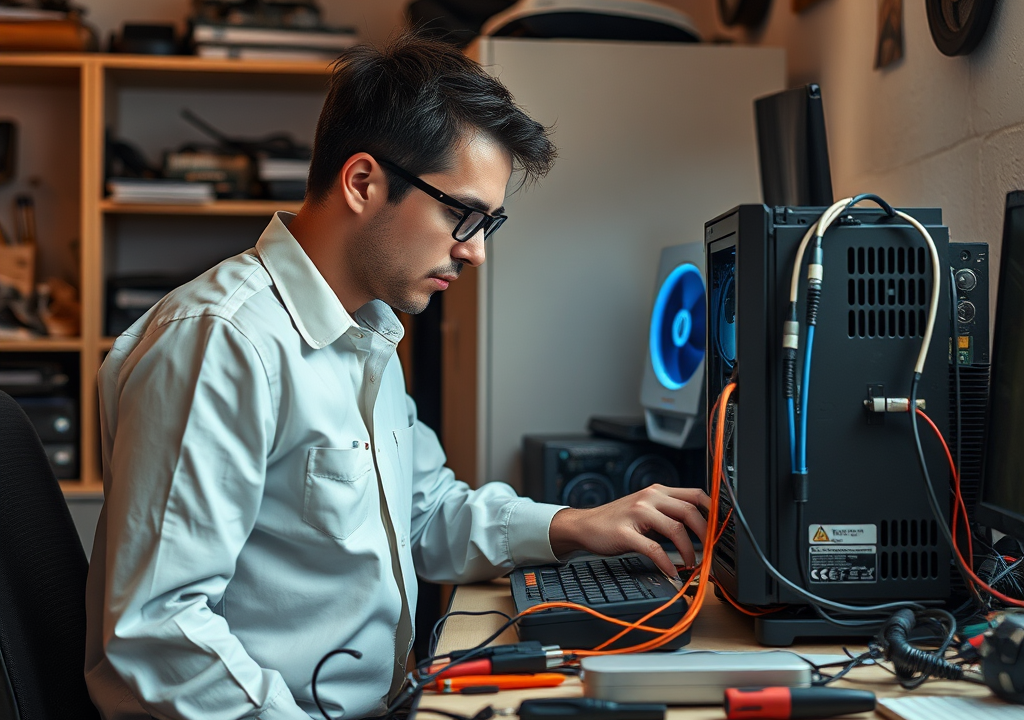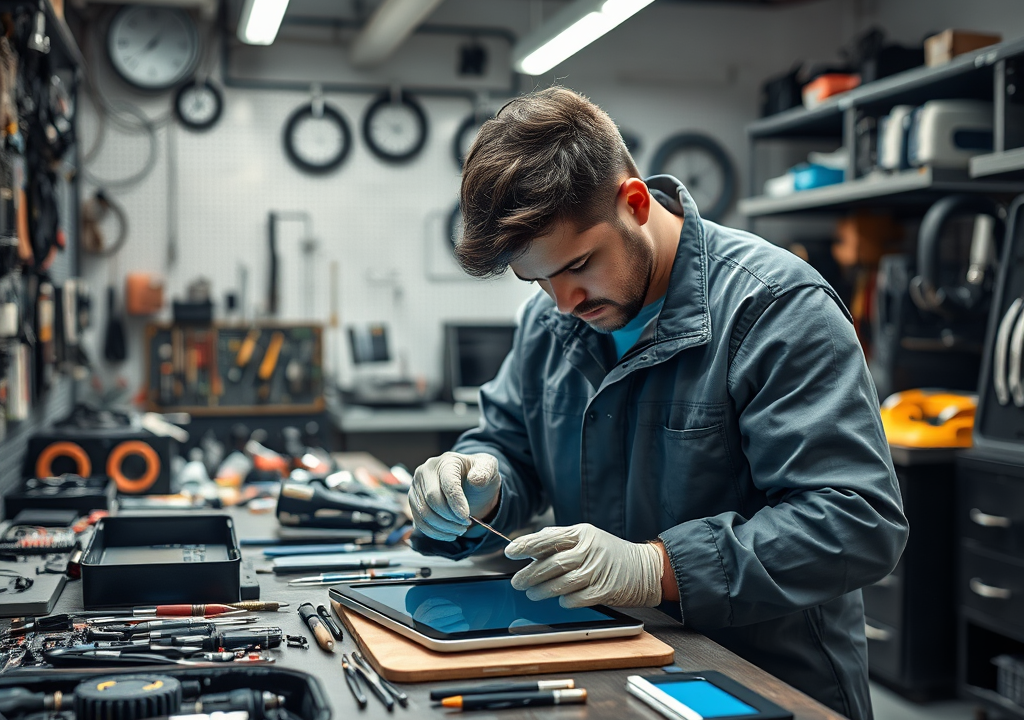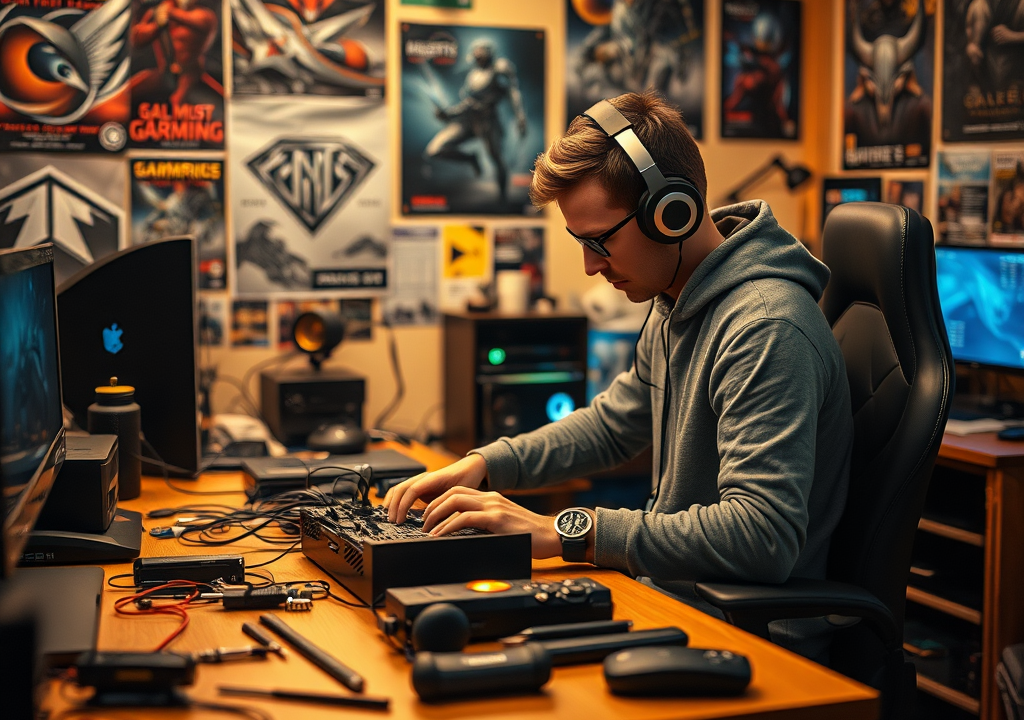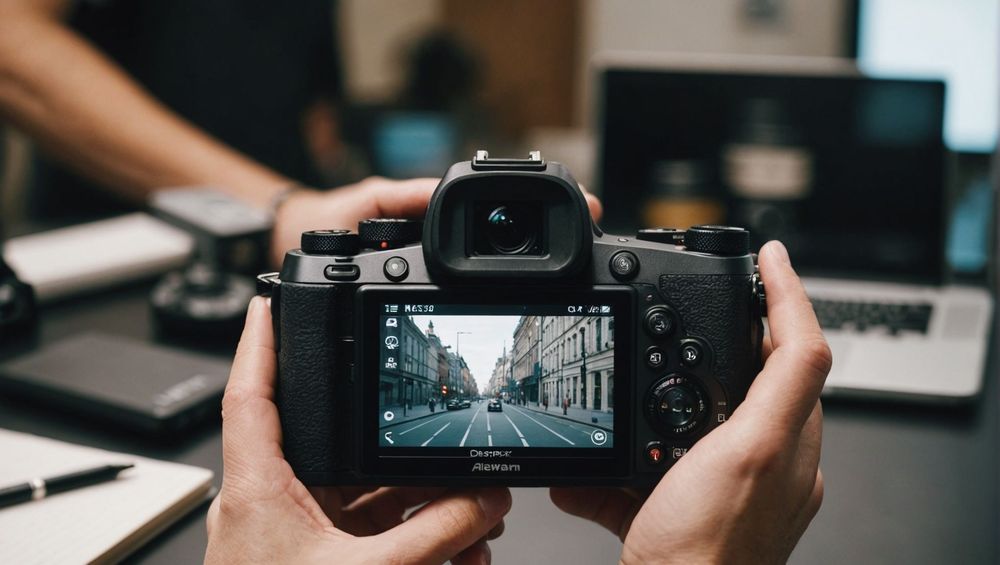When it comes to shooting high-quality videos, choosing the right camera is crucial for achieving your desired results. This guide will help beginners navigate the overwhelming options available in the market today. From understanding camera types and specifications to highlighting essential features, we’ll arm you with the knowledge to make an informed decision. Whether you are planning to shoot vlogs, tutorials, or short films, this beginner’s guide simplifies the complex world of cameras for video production. In this article, we will explore key factors to consider when buying a camera, essential features for video shooting, and recommendations based on different needs.
Understanding Camera Types
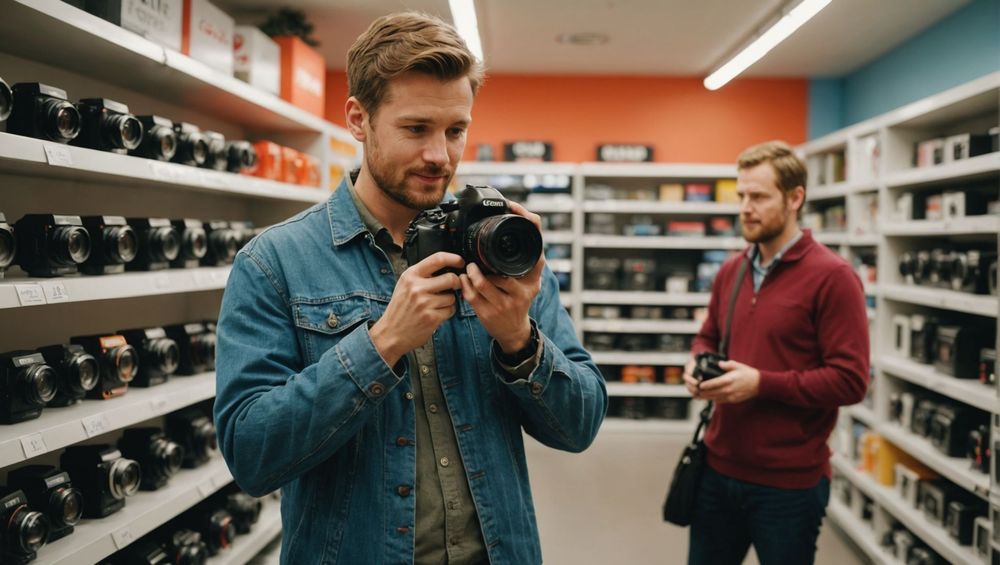
When looking to buy a video camera, it’s essential to familiarize yourself with the different types available. Each type caters to various needs and skill levels, allowing you to select one that best suits your shooting style. Below are the most common camera types for video production:
- DSLR Cameras: Known for their versatility, DSLRs offer interchangeable lenses and manual controls, perfect for those wanting to explore videography in depth.
- Mirrorless Cameras: These compact cameras also come with interchangeable lenses and provide excellent video quality, often featuring modern technology advantageous for video recording.
- Point-and-Shoot Cameras: These are ideal for beginners, featuring user-friendly interfaces and built-in lenses, making them easier to operate for video shooting.
- Cameras for Smartphones: The most accessible option for many, modern smartphones offer remarkable video capabilities with features like 4K resolution and advanced editing apps.
- Action Cameras: Designed for adventure and dynamic shooting, action cameras are compact, durable, and can capture high-quality videos in challenging conditions.
Key Specifications to Look For
Understanding camera specifications is paramount when buying a camera for video. Here are critical features you should consider:
- Sensor Size: A larger sensor can capture more light, resulting in better video quality, especially in low-light conditions.
- Video Resolution: Aim for at least 1080p quality, but if your budget allows, consider 4K for superior clarity and detail.
- Frame Rate: For smooth motion, look for cameras offering multiple frame rates, such as 24, 30, and 60 fps.
- Autofocus System: Features like Dual Pixel AF can improve focus accuracy and speed during video shoots.
- Stabilization: Built-in stabilization systems help reduce shaky footage, making your videos look more professional.
Essential Features for Video Shooting
In addition to the fundamental specifications, certain features can enhance your filming experience and quality. Consider these features when making your choice:
- Microphone Input: A camera with an external microphone input allows you to use high-quality mics for clearer sound.
- Flip Screen: A varying-angle screen helps when filming yourself or shooting from unique perspectives.
- Manual Controls: Having control over exposure, ISO, aperture, and shutter speed offers creative flexibility.
- Battery Life: Evaluate how long a camera can record continuously, as longer sessions benefit from extended battery life.
- Lightweight Design: A camera that is easy to carry can make shooting on location much more manageable.
Budget Considerations
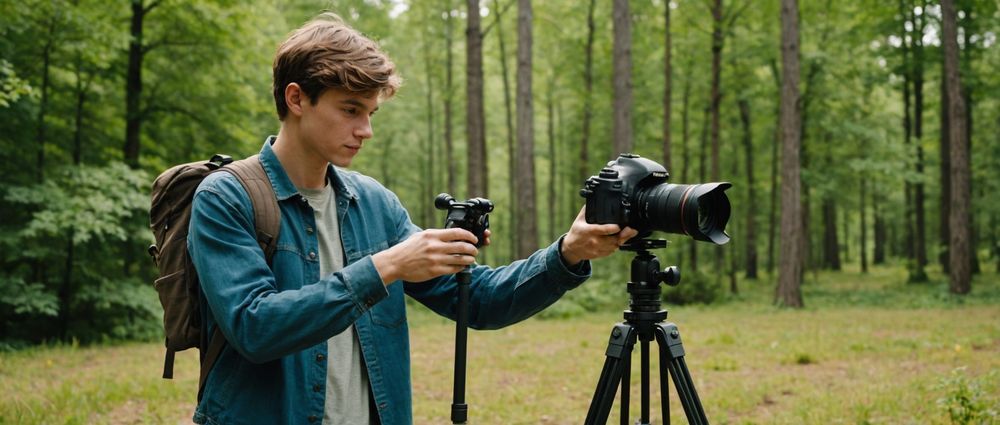
Setting a budget is essential when buying a camera for video production. Cameras vary significantly in price based on their features and capabilities. Begin by determining how much you are willing to spend, keeping in mind both immediate costs and potential future accessories you might need. Think about the following tips to streamline your budget:
- Prioritize Features: Identify must-have features that align with your video needs, rather than getting distracted by unnecessary options.
- Research Models: Compare different camera models that fit your budget and offer the features important to you.
- Explore Used Options: Consider purchasing certified pre-owned or refurbished models to save money while still getting quality.
- Invest in Lenses: Sometimes, investing in better lenses may offer more significant improvements than the body itself if you have a compatible camera.
- Look for Bundle Deals: Some retailers offer bundles that include essential accessories like tripods and microphones, providing better value.
Conclusion
Buying a camera for shooting videos can be a rewarding, yet challenging experience for beginners. By understanding the different camera types, specifications, essential features, and budgeting wisely, you can make a well-informed decision that aligns with your video production goals. Remember to prioritize what you need most and invest in quality while staying within budget. The perfect camera is an investment in your creative journey, allowing you to capture and share stories in captivating ways.
FAQs
1. What is the best camera for beginners shooting videos?
For beginners, a mirrorless camera or a DSLR with good video capabilities, such as the Canon EOS M50 or Nikon Z50, are excellent options due to their balance of ease of use and advanced features.
2. Do I need 4K video resolution?
While 1080p is sufficient for most purposes, going for a 4K camera can future-proof your content and provide better quality for projects needing higher detail.
3. Is image stabilization really necessary?
Yes, image stabilization is crucial for handheld shooting, as it helps eliminate shaky footage, resulting in smoother and more professional-looking videos.
4. Should I buy additional lenses for my camera?
Yes, investing in additional lenses can significantly enhance your shooting capabilities, allowing you to explore different styles and methods of videography.
5. How important is audio quality in video production?
Audio quality is just as important as video quality; clear audio enhances the viewer’s experience, making high-quality microphones and recorders vital for video production.
